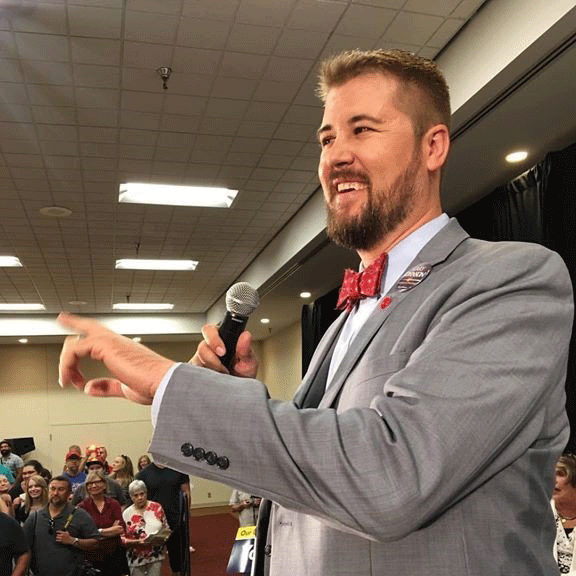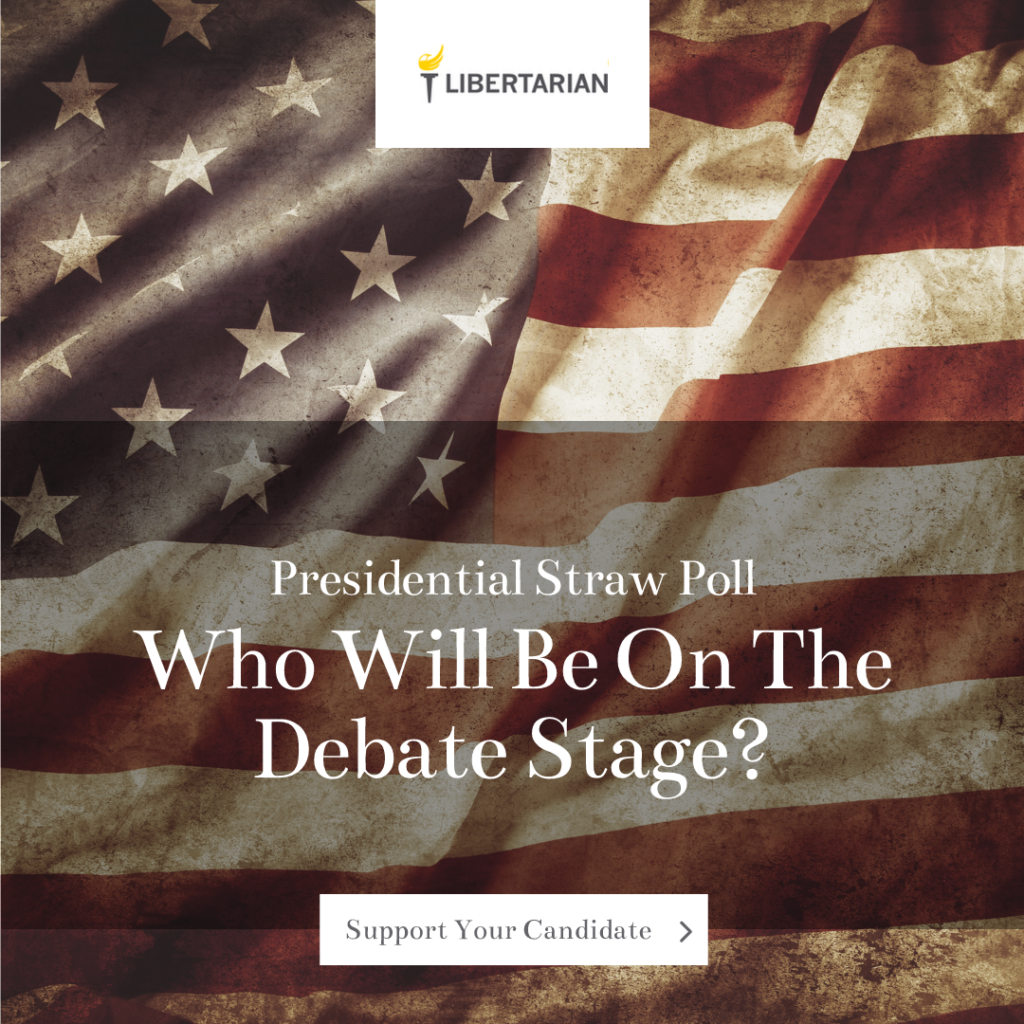
A. Blair Dunn, the New Mexico Libertarian Party candidate for attorney general, drafted and filed the case against straight-party voting.
On Sept. 12, the New Mexico Supreme Court rejected a scheme by Democratic Secretary of State Maggie Toulouse Oliver to implement straight-ticket voting for ballots in the November election. The justices took less than three hours to render their decision after hearing arguments. A. Blair Dunn, the Libertarian Party candidate for attorney general who drafted and filed the case with help of Republican co-counsel, welcomed the decision.
“Make no mistake, this was a partisan attempt by Maggie and my Democratic opponent for attorney general to rig the election in their favor,” Dunn said after the ruling. “They are worried that voters are looking for an option to get away from the hyper-partisan tribalistic nonsense that has dominated our national dialogue. Today, with the help of my counsel we were able to put a stop to this shenanigan, just as I will continue to put a stop to it as attorney general.”
The plan to implement straight-party voting this fall had been made unilaterally by Toulouse Oliver with the blessing of Democratic Attorney General Hector Balderas, both of whom are running for reelection. The court ruled that the secretary of state does not have the power to determine such substantial issues of ballot configuration, and instead must defer to the legislature.
“What is most concerning is the utter lack of care at the very self-dealing actions of the secretary of state to stack the deck in her favor, and the failure of Attorney General Balderas to enforce the law because this benefits him,” Dunn said. “We appreciate the Supreme Court upholding the law for the benefit of all New Mexicans.”
Ironically, although New Mexico didn’t end its earlier practice of straight-party voting until 2012, legislation to halt the practice had been signed a few years earlier in 2001 by then–Gov. Gary Johnson, who is today the Libertarian Party candidate for U.S. Senate from New Mexico.
The recent lawsuit to overturn Toulouse Oliver’s straight-party voting decree was filed by a multi-partisan group that included Libertarians, independents, Democrats, and Republicans all represented by Dunn. The court heard arguments from both sides after lunch on Sept. 12 and rendered their decision by 4:15 p.m. MDT. Although Toulouse Oliver claimed that a straight-party ballot option would make voting faster and easier, the opposing counsel argued both that it would violate the substantive rights of all voters and that the secretary of state can’t make such an important policy decision through executive fiat.
“Today a unanimous New Mexico Supreme Court stopped an old party politician from changing the rules of the game just because her team was losing,” wrote Libertarian National Committee Chair Nicholas Sarwark on Twitter. “Libertarians don’t want any special treatment from the election authorities around the country, we just want them to stop helping our old party opponents cheat.”
The court’s ruling is expected to improve the chances of Johnson’s U.S. Senate bid and Dunn’s campaign for attorney general. Another 10 Libertarian Party candidates further down on New Mexico’s ballot will also now have a fairer chance. Two of them, state House candidates Carl “Marty” Swinney in District 59 and William Wiley in District 31, both face Republicans in two-person races with no Democratic opponent. If straight-party voting had been an option in the coming election, anybody opting for a Democratic straight-party ballot would not have registered any vote in either race.
The Libertarian Party is running more than 800 candidates this year at the local, state, and federal levels of government. Like never before at the voting booth, it’s not “one or the other.” Instead, it’s “another” — a Libertarian who will honestly represent all your rights, all the time.



